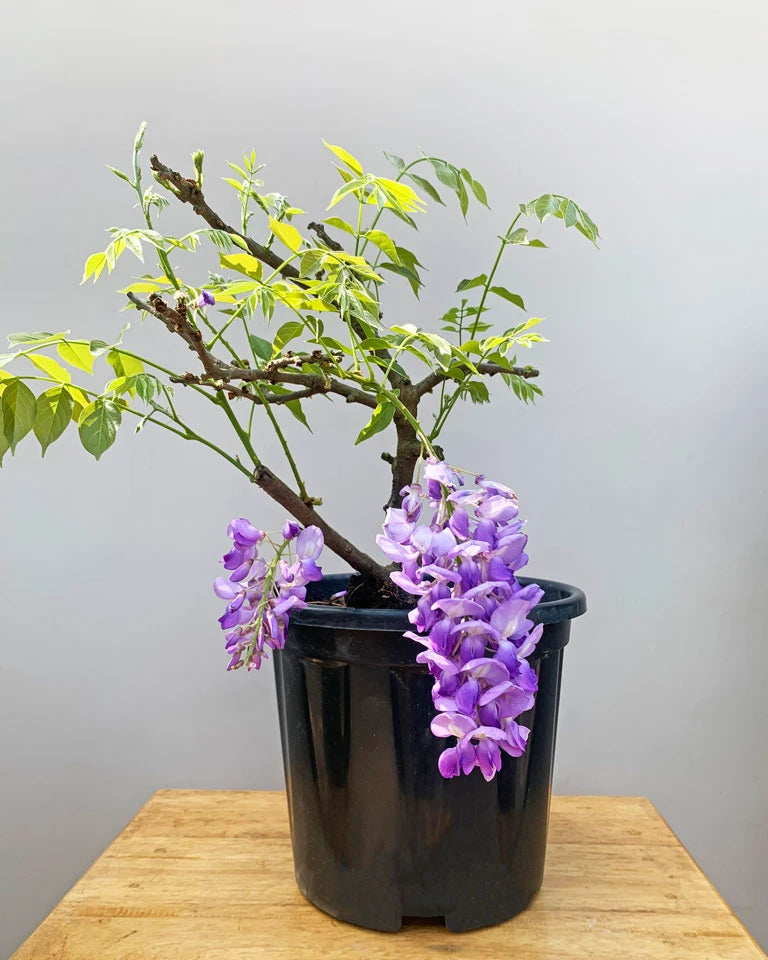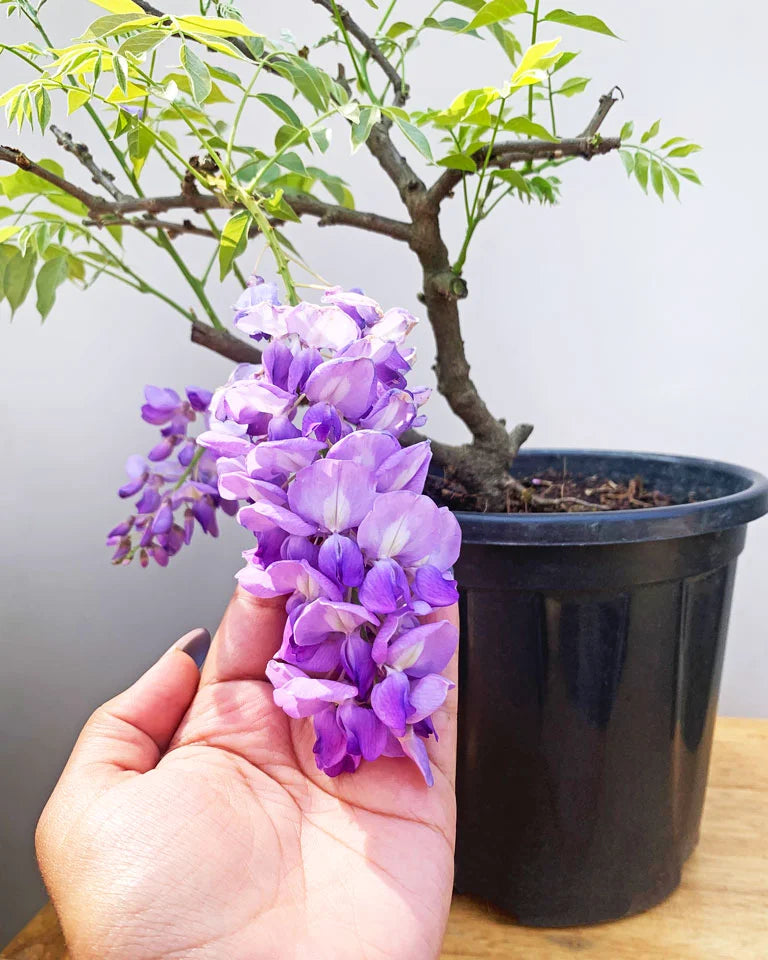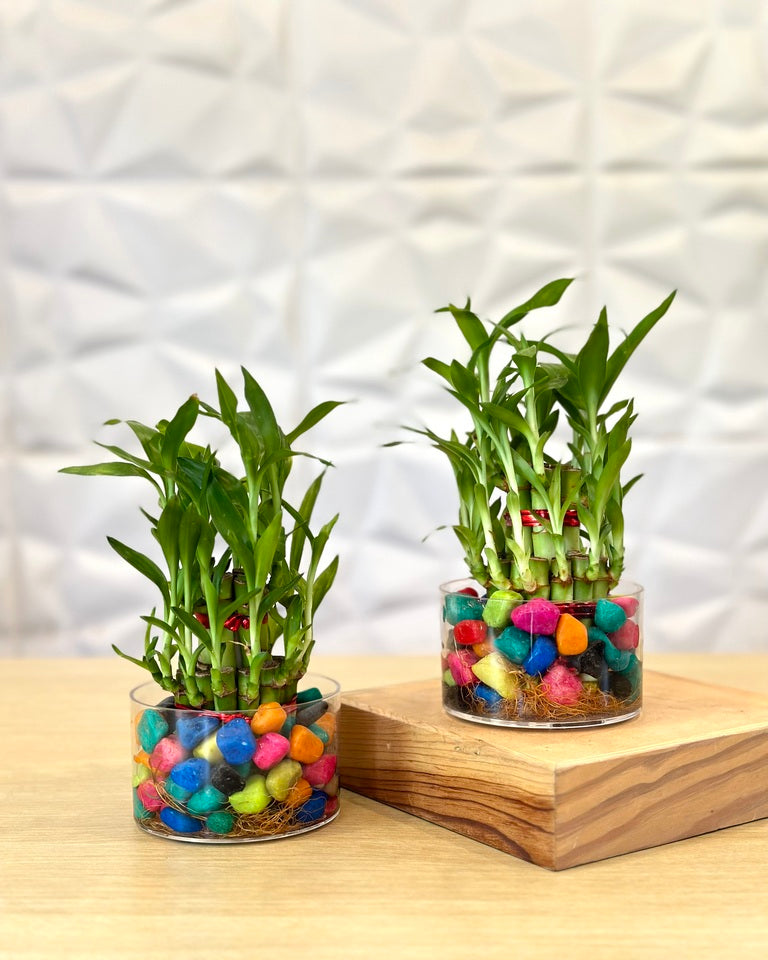
Ants in Your Plants? Here’s How to Kick Them Out Naturally!

Picture this: You’re vibing with your plants, sipping chai in your balcony jungle… and suddenly, you spot a whole army of ants marching across your favourite monstera. Yikes. Not the drama we asked for!
While ants might seem harmless at first, they can be sneaky troublemakers. If left unchecked, they invite their pesky BFFs (like aphids) and can mess with your plant’s health real quick. But don’t worry — your garden warrior era starts now. Let’s decode why ants crash your plant party and how to show them the (natural) way out.
Why Ants Are Vibing in Your Garden in the First Place
Ants don’t just pop up randomly. They’re usually chasing food, moisture, or both. Here’s what could be attracting them:
-
Aphid Hangout: Aphids release a sweet honeydew that ants are obsessed with. So ants protect them to keep the sugar rush coming.
-
Fallen Fruits & Rotting Leaves: Got overripe mangoes or soggy petals lying around? That’s a buffet for ants.
-
Moist Corners: If your garden or pots stay damp, ants consider it premium property.

Ant Types You Might See in Your Garden
1. Black Ants
These are the most common — harmless in small numbers, but annoying when they start building homes around roots.
2. Leaf-Cutter Ants
The gym bros of the ant world. They carry chunks of leaves to grow their food underground. Not cool if it’s your plant leaves they’re stealing.
3. Carpenter Ants
Big bois who tunnel through damp wood. If you’ve got wooden planters or bark mulch, they might be nesting there.
4. Fire Ants
Tiny red monsters. Aggressive and painful — not the kind you want near your feet or hands while watering plants. One of the worst forms of ants attack on plants!
Natural Ways to Kick Ants Out (No Harsh Chemicals Needed)
1. Turmeric (Haldi) — The OG Ant Repellent
Turmeric isn’t just for your face packs or laddoos. Sprinkle haldi powder around plant bases or ant trails, or mix it with warm water for a spray.
-
Why It Works: Curcumin scrambles their scent trails and breaks coordination.
-
Tip: Use daily for 3–4 days if infestation is heavy.
2. Neem Oil Spray
Neem is a legend in the pest control game. It works on ants and the aphids they love.
-
DIY Mix: 1 tsp neem oil + a few drops of mild soap + 1 litre water.
-
Spray: Use it on soil, stems, and under leaves.
3. Cinnamon & Coffee Grounds
Both are pantry heroes. Ants hate strong smells.
-
Sprinkle cinnamon powder around the plant bases.
-
Use old coffee grounds on the soil surface.
Bonus:
-
Coffee = soil nitrogen boost.
-
Cinnamon = natural antifungal properties.
4. Vinegar Spray
Ants can’t stand vinegar. Mix 50:50 vinegar and water, spray around affected areas (but not on delicate leaves).
-
Add lemon/orange peel for more power.
-
Great for wiping down plant pots and stands, too.
Instant solution when ants attack plants out of nowhere.
5. Citrus Peels
Dry and crush lemon, orange, or lime peels into powder. Sprinkle around your plants.
-
Why It Works: Oils in the peel confuse ant pheromones — they lose the scent trail.

Are Ants Really That Bad?
Surprisingly, not always. Small numbers can even help your garden.
✔️ Natural Pest Control
They eat soft-bodied pests like mites and caterpillars.
✔️ Soil Aeration
Their tunnels improve oxygen and water flow, kind of like a free tilling system.
✔️ Pollination
As ants crawl over flowers, they might transfer pollen. Free labour, accidental or not!
✔️ Organic Breakdown
Ants help decompose fallen plant bits, making your soil more nutritious.
So: Unless they’re invading in large numbers or protecting aphids, ants are low-key garden allies.
Long-Term Ant-Proofing Game Plan
Let’s prevent the problem instead of constantly fighting it:
-
Don’t overwater – Damp soil = ant magnet.
-
Clean fallen leaves/fruit daily.
-
Check under leaves for aphids regularly.
-
Wipe pots and shelves — ants leave scent trails.
-
Avoid sugary fertilizers/compost.
-
Use neem spray weekly as a shield.
These steps help stop ants attack on plants before it even starts.
Pro Tips That Work
-
Use chalk or baby powder to draw lines ants won’t cross.
-
Place clove buds or bay leaves in pots for extra scent defence.
-
Grow ant-repellent plants nearby: Mint, lavender, or marigold.
FAQs
Q. How do I get ants out of my Tulsi pot naturally?
-Cinnamon or neem oil works well. Also, check for aphids — they're usually the reason.
Q. How do I clean ant trails from around pots?
-Use vinegar or citrus-infused water to wipe pots, stands, and corners.
Q. Which smells do ants hate?
-Cinnamon, citrus, vinegar, and peppermint oil all ruin their scent tracking.
Q. How can I prevent ants before they even show up?
-Keep things dry, clean, and aphid-free. A weekly neem spray does wonders.
Final Thoughts
Most ant attacks are symptoms of something else, like excess moisture or hidden pests. Your best bet is to stay observant, act early, and use nature’s tools.
Don’t wait till your monstera becomes a colony. Be the plant parent who’s proactive, not reactive. Your plants will stay happier, and your chai sessions will be ant-free!
If you've been wondering how to naturally fix ants on plants or deal with ants attack on plants, we hope this guide has your back.
Happy Gardening!










